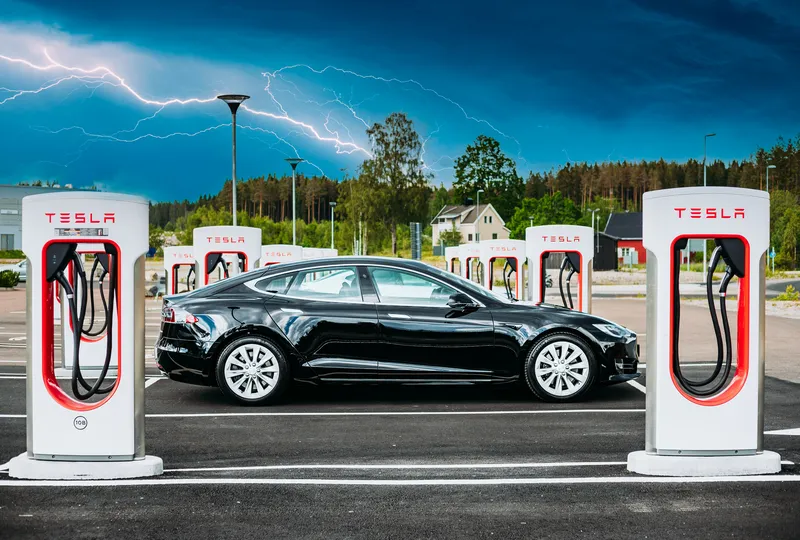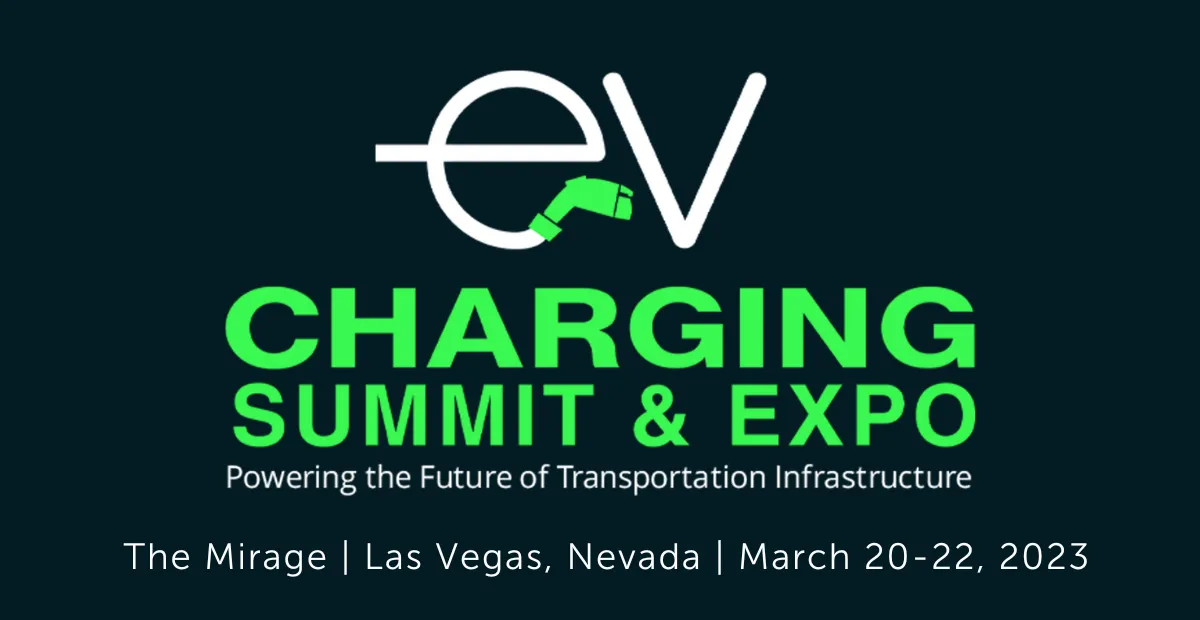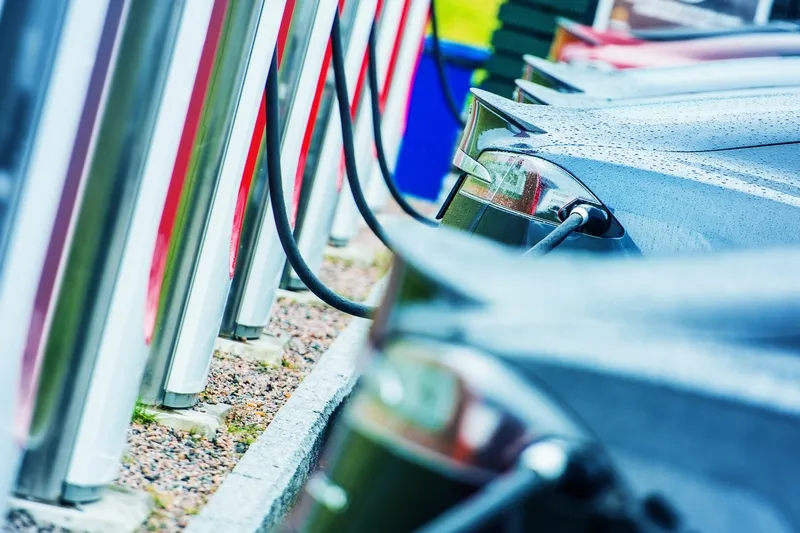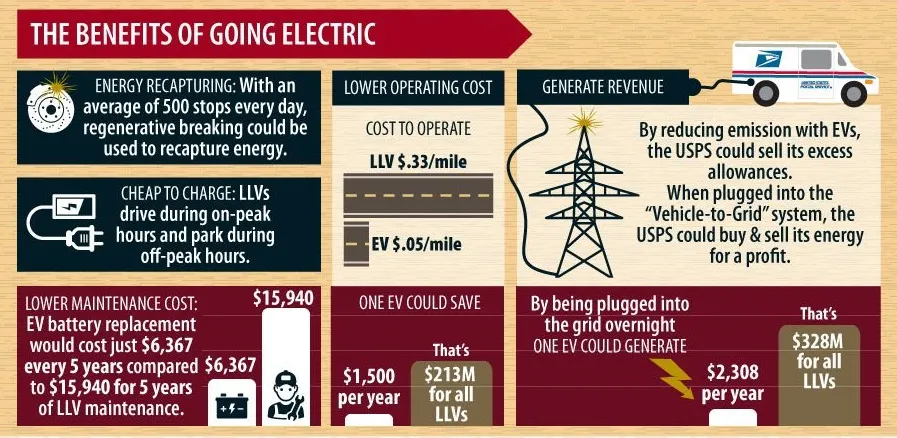
As automotive manufacturers pour billions of dollars into their electrification strategies and roll out new fully EVs, new-vehicle buyer consideration is increasing, albeit slowly, according to the JD Power 2023 US Electric Vehicle Consideration (EVC) Study.
This year’s study reveals that 26% of shoppers say they are “very likely” to consider purchasing an EV, up from 24% a year ago, while the percentage of shoppers who say they are “overall likely” to purchase an EV increases to 61% from 59% in 2022.
Influencing the modest year-over-year increases are a combination of positive and negative market factors: lower gas prices, inflation, rising interest rates, greater model availability and charging availability. Charging availability is growing more slowly year over year (13% vs. 33% in 2022), while model availability has increased, with 42% of buyers now having a viable EV model that meets their needs.
“With all of these influences shaping today’s EV market, the biggest friction point for consideration is the availability of public chargers,” said Stewart Stropp, executive director of EV intelligence at JD Power. “The growth in public charging isn’t keeping pace with the rising number of EVs on the road. While owners are impressed by what automakers are offering, they’re also thinking about how, when and where they’ll be able to charge their vehicles away from home. A resounding effort to build out and improve the public charging infrastructure will emphatically increase EV purchase consideration.”
Nearly half (49%) of shoppers rejecting the idea of buying an EV say their primary reason is a lack of charging station availability. Charging availability has been the top reason for rejection since the inception of the study in 2021. In fact, across all JD Power EV studies, public charging infrastructure consistently scores low in satisfaction.
“Most EV owners will say charging is one of the greatest benefits of ownership, because 85% of it is done at home,” Stropp said. “But it’s the exceptional use case, like a vacation road trip, that’s holding shoppers back. Proactively taking ownership of the public charging experience is a huge opportunity for automakers to differentiate. The recent announcements by Ford and GM to establish a charging collaboration with Tesla are particularly noteworthy.”
The US Electric Vehicle Consideration (EVC) Study is an industry benchmark focusing on gauging fully electric or battery electric vehicle shopper consideration, simply referred to as EVs in the study.
Study content includes overall EV consideration by geography; demographics; vehicle experience and use; lifestyle; and psychographics. It also includes model-level consideration details such as “why buy” findings and analysis of reasons for EV rejection. This year’s study measures responses from 8,136 consumers and was fielded from February through May 2023.









